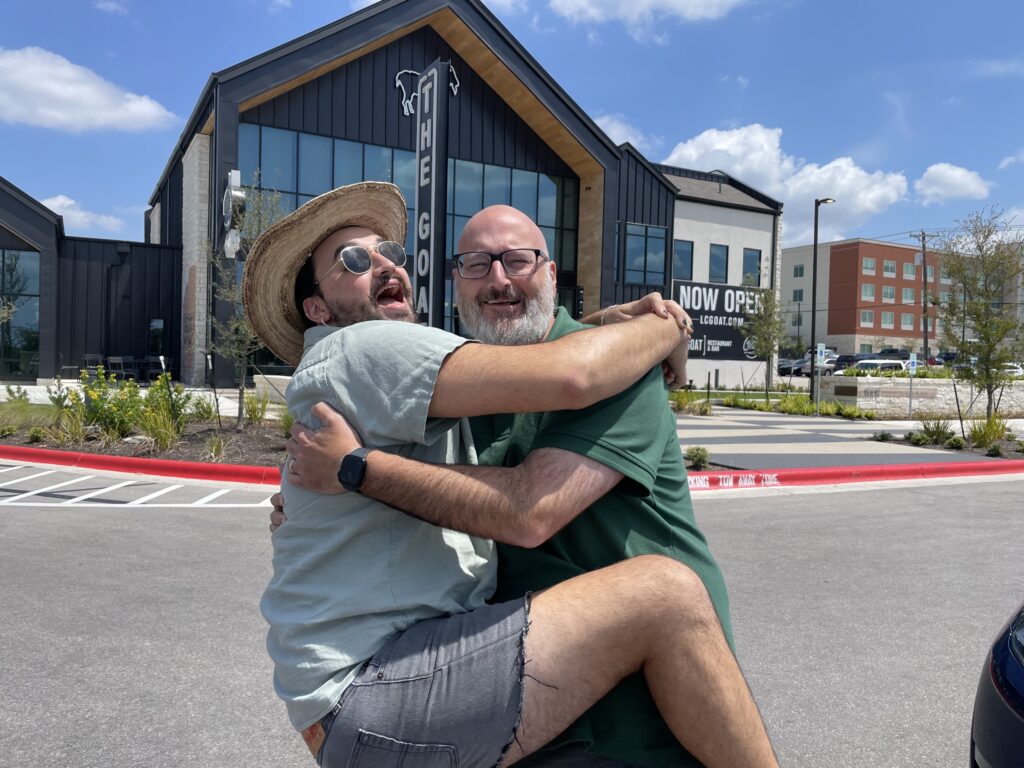On a recent trip to Europe, I was repeatedly asked the same question, “what can we do?” The European library community (and I’m sure the larger global library community) are looking at developments in the United States with confusion and anxiety. How can the federal government close agencies, target the Institute for Museum and Library Services, cut budgets at the National Agricultural Library, stop research at the National Institutes of Health, fire the National Archivist and undo decades of work in libraries and cultural heritage? How can a country so self-identified with freedom and the freedom of speech create a list of banned words that are used indiscriminately to purge websites of collections, data, and documents?
The first fear was that cultural institutions would be closed. The new reality is that they will be transformed, once again, into agents of propaganda and indoctrination. The Institute for Museum and Library Services is not being closed. Instead, the new director wants to use the institute to “restore focus on patriotism, ensuring we preserve our country’s core values, promote American exceptionalism and cultivate love of country in future generations.”
Beyond the federal government how can EU librarians and institutions, I was asked, respond to a continuing wave of book banning, firing of librarians consider “too liberal,” and opening librarians up to prosecution for doing their jobs and supporting their professional organizations?
I have one simple answer: don’t look away.
Continue reading “Don’t Look Away”

